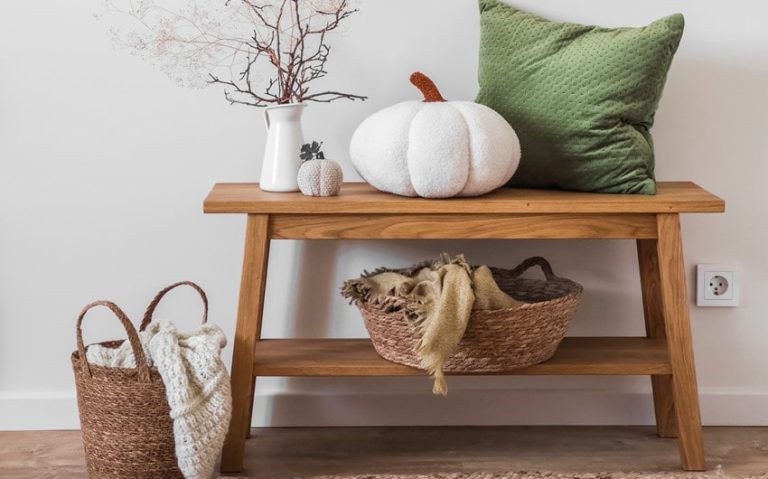Homes don’t just look after themselves, as you’ll likely have figured out. You’ll constantly need to pick up the broken pieces, keeping the property both functional and homely enough to live in. While you can obviously repair things that end up breaking, in most cases it will be preferable to maintain these elements before they break. To enhance your chances that this actually happens, it’s generally a good idea to come up with a maintenance plan, but is it actually necessary? Let’s take a look.
Why are maintenance plans beneficial?
While they’re not absolutely essential, maintenance plans do come with a range of important benefits.
Ensure preventative maintenance
If you don’t have a plan in place, it’s easy to end up just waiting for things to break before you pay attention to them. This will almost always end up being more disruptive and expensive than carrying out regular preventative maintenance, but it requires a bit of forward planning. By putting the plan in place, you can make sure that you take care of your home before rather than after things go wrong.
Minimise disruption
Certain parts of your home will need to be serviced at some point – it’s basically inevitable. However, by creating a plan well in advance, you get to do that maintenance when it suits you best, keeping disruption to an absolute minimum. Whether you plan maintenance for while you’re on holiday, or just during a part of the year that’s a lot less busy for you, this can make a massive impact when it comes to decreasing unnecessary disruption in your daily life.
What would a maintenance plan include?
No two maintenance plans will be the same, but they’ll typically include the following categories.
Appliance maintenance
Part of the maintenance plan will consist of regular servicing of important appliances. Importantly, that would likely include boiler servicing from a plumbing provider such as Able Plumbing Solutions, ideally at least once a year. If you have a rental property, boiler servicing at an annual frequency ceases to be a recommendation and becomes a legal requirement.
General inspections
It’s also worth booking regular inspections of various parts of your property, especially if it’s on the older side of things. You’ll want to inspect the structural integrity of the property, the water system, and the electrical system.
Routine maintenance
Additionally, you’ll want to factor in routine maintenance for things like painting the external walls, looking after brickwork, and clearing out drains and gutters. How regularly these tasks need to be taken care of will depend on a number of factors, including the current condition of your home, the number of trees in your neighbourhood, and the condition you like to keep your home in.
Creating a plan like this won’t take you long, and it’ll almost always require less work in the long run compared to reactive maintenance. All it will take is a Sunday morning and a nice cup of coffee, after that it should roll on with minimal additional effort.







